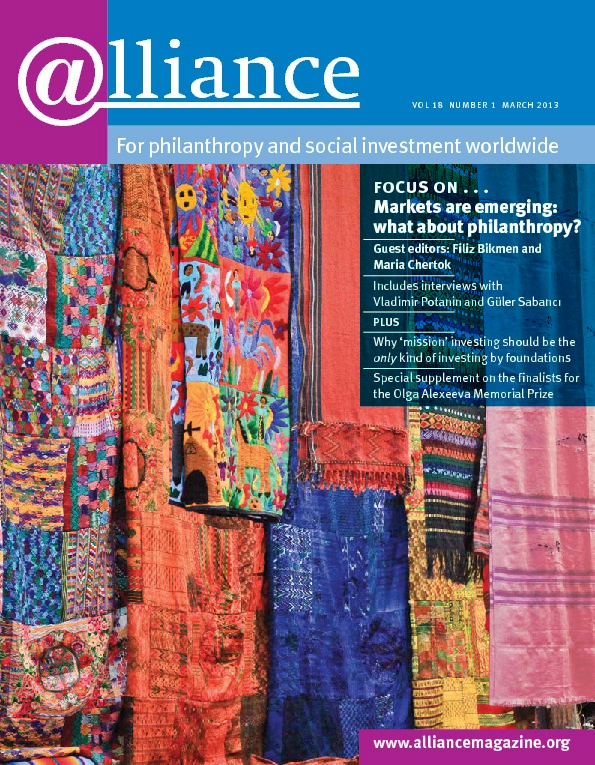The excellent December magazine issue and breakfast club meeting highlighted the fact that in order to tackle big social issues we need cooperation across disciplines and sectors, and innovative collaborations. That means building networks, and while money may underpin collaborations, new relationships won’t be achieved without a social element too.
At the breakfast club, I talked about the role of social media in this, and several challenges arose. First, there was the very valid assertion that resilient networks take time to develop. Don’t social media tools like Twitter just encourage short, transitory exchanges?
Second, building trust usually involves meeting someone face to face. Surely social media can’t be any substitute? Third, the way that Facebook and other networks are structured encourages us to connect with friends, and on Twitter and blogs we can end up following others with similar interests. How does that help develop diversity of relationships?
I think we need a mix of both. We can continue online the conversations we start face to face, as well as engaging online with people we couldn’t otherwise meet. While the exchanges may be brief, their informal and social nature can provide a good sense of what someone is like. You can often find out more about people’s real interests and attitudes through their online presence than through their formal profiles.
But how does this help build networks? I think we need a different mindset and model to understand that and the idea of ecosystems can be helpful. Since the breakfast club my friend Steve Dale has started a series of articles about social ecologies at http://steve-dale.net. The underlying theme is that we can’t rely on others to make sense of the billowing clouds of online content, or to construct our networks for us. We need to get better at personal knowledge management, and building the networks that we need.
What’s new, you may ask? Surely we all know that networking is an essential part of doing business, whether for profit or not? The difference these days is that social media makes it easier to share our ideas and contacts more openly, and to use online networks to see and connect with people and organizations we might not otherwise ‘meet’. It is precisely where sharing, philanthropy and network building come together. And we can do it for ourselves, using the wealth of our ideas and experience.
David Wilcox
SocialReporters.net




Comments (0)